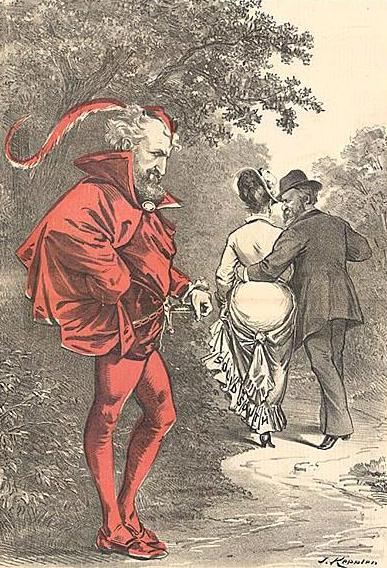
“… The compromise involved Democrats who controlled the House of Representatives allowing the decision of the Electoral Commission to take effect. The outgoing president, Republican Ulysses S. Grant, removed the soldiers from Florida. As president, Hayes removed the remaining troops from South Carolina and Louisiana. As soon as the troops left, many white Republicans also left, and the “Redeemer” Democrats took control. They already dominated most other state governments in the South. What was exactly agreed is somewhat contested as the documentation is scanty.
“Black Republicans felt betrayed as they lost power and were subject to discrimination and harassment to suppress their voting. At the turn of the 20th century, most black people were effectively disenfranchised by state legislatures in every southern state, despite being a majority in some.”
From Clarence Darrow’s The Story of My Life:
“Neither government nor political economy is an exact science. They concern the arrangement of human units. If it were possible to demonstrate what sort of an arrangement would be best for the individuals of the state, it would be of no avail. Humans cannot be controlled like inanimate objects, or even like the lower animals. Each human unit is in some regard an independent entity with his own ideas, his hopes and fears, loves and hates. These attitudes are constantly changing from day to day, and year to year. They are played upon by shrewd men, by influential newspapers, by all sorts of schemes and devices which make human government only trial and success, and trial and failure. Human organizations are simply collections of individuals always in motion and always seeking for easier and more harmonious adjustment, and never static …
This is a changing world, and still it must maintain a certain amount of consistency and stability or the individual units would separate, and chaos would make any co-operation impossible. “
For more information, visit The Compromise of 1877, or the Tilden/Hayes Compromise







Leave a Reply